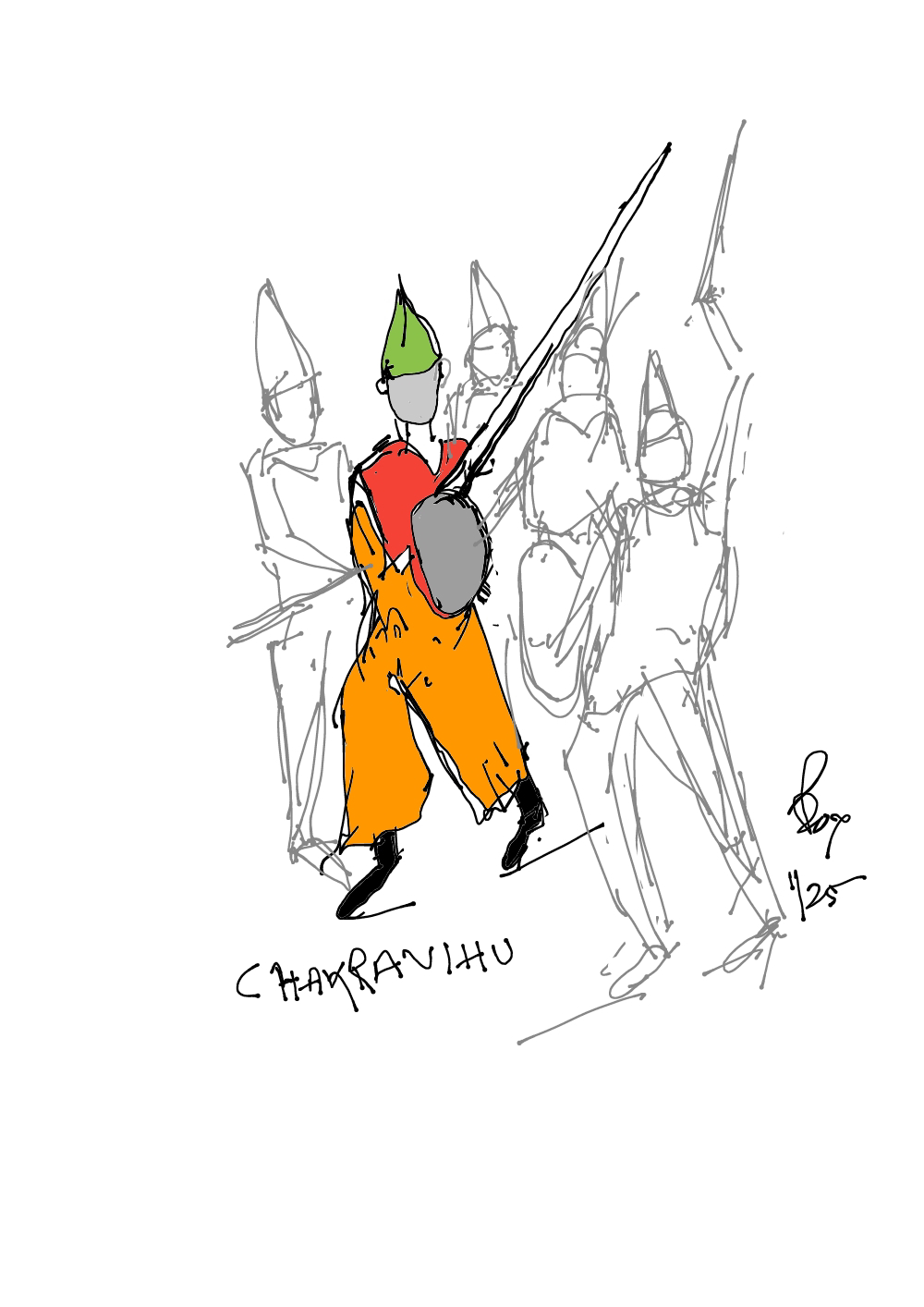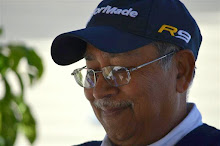During their training days under Guru Dronacharya, both the Pandavas and the Kauravas learned the arts of warfare, strategy, and wisdom. Yet, the five Pandava brothers, with their dedication and natural abilities, excelled in every field. Among them, Bheem stood out for his enormous strength and mischievous nature. He often teased the Kauravas in harmless but playful ways. For instance, when the Kauravas climbed trees, Bheem would shake the trees with his immense strength, causing them to fall like dry leaves. Sometimes, he wrestled with them all at once, and despite their combined efforts, they couldn’t subdue him.
This constant humiliation bred jealousy and anger among the Kauravas. Duryodhana, their leader, decided it was time to eliminate Bheem. One day, they hatched a sinister plan to poison him. Knowing Bheem's fondness for food, they devised a strategy to lure him to an isolated place.
The Plan in Action
One sunny afternoon, the Kauravas approached Bheem during a break from their training. Duryodhana, feigning kindness, spoke warmly to him.
“Brother Bheem!” Duryodhana began, “You must be tired from all the training. Why don’t you join us for a special feast? We’ve prepared your favorite sweets and drinks. It’s a small gesture of our appreciation for the times you’ve helped us improve in wrestling and other lessons.”
Bheem, known for his hearty appetite, was intrigued. “A feast, you say? With sweets?” he asked, his eyes lighting up.
“Yes!” added Dusshasana with a convincing smile. “We’ve prepared it in a quiet spot by the river, away from the noise. You’ll love it!”
Bheem hesitated for a moment but then shrugged. “Why not? Food is food, and I never say no to sweets!”
The Kauravas led him to the secluded spot, where a sumptuous spread awaited him. Bheem sat down eagerly, unaware of their malicious intentions. They handed him a sweet drink laced with poison, encouraging him to drink deeply.
“This is delicious!” Bheem exclaimed, gulping it down. Moments later, however, he began to feel dizzy and collapsed. The Kauravas quickly carried him to the riverbank, pushed his unconscious body into the water, and began shouting for help to make it look like an accident.
Bheem’s Journey to Patal Lok
As Bheem’s body sank into the river, he was unknowingly carried to the mystical realm of Patal Lok. When he awoke, he found himself surrounded by nagas (serpent beings). The naga king, Vasuki, greeted him warmly.
“Welcome, Bheem,” said Vasuki. “You may not know this, but you are connected to us. Through your ancestor Hanuman, you share a bond with the nagas. You are of our race in spirit.”
Bheem, still weak but curious, listened intently. Vasuki continued, “We know of the treachery you faced. But fear not, for we will help you. You are destined for greatness, and no evil plan can hold you back.”
The nagas gave Bheem a special potion made from their mystical herbs, which not only revived him but also enhanced his strength manifold. “Take this as a blessing from us,” said Vasuki. “Use your strength wisely and justly, for it is a gift not just for you but for the greater good.”
A Lesson Learned
When Bheem returned to the surface, stronger than ever, the Kauravas were terrified. They couldn’t understand how he had survived their plan, let alone emerged more powerful. However, Bheem chose not to retaliate immediately. Instead, he resolved to channel his strength toward protecting his family and upholding dharma.
This episode taught Bheem and everyone involved an important lesson: treachery and jealousy can never defeat honesty and destiny. True strength lies not just in physical power but in righteousness and wisdom.
The Kauravas, though humiliated, failed to learn this lesson, which eventually led to their downfall. Bheem, on the other hand, became a symbol of resilience, proving that good always triumphs over evil, no matter how cunning the plan.



